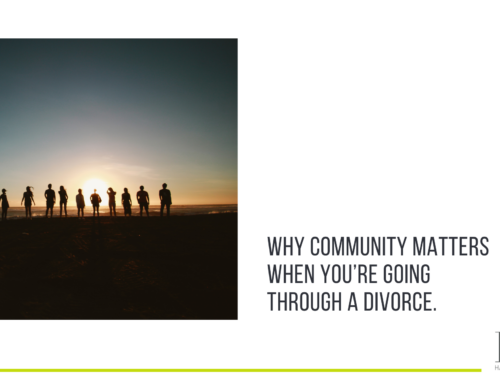A recent survey revealed that 7.6 million UK workers have cheated on their partner at their work Christmas party. Perhaps even more shockingly, as many as 4 million others haven’t ruled it out as a possibility.
‘Tis the season for infidelity, apparently.
Adultery brings with it a lot of emotions to the forefront. One of the biggest challenges is that there’s simply no hard and fast ‘this is what you should do’ approach if this is something you’re dealing with (regardless of whether you’re the one doing the cheating or the one being cheated on). It takes a lot of communication with yourself and your partner to come to a decision about the future.
As family solicitors, we’re no strangers to this issue and support clients on both sides of the coin regularly. Here are a few of our top tips to help as you work towards an outcome that’s right for you.
Can you and should you forgive your partner?
If you’ve found out something solicitous has happened at the Christmas party (or anywhere else, for that matter), there are questions you’ll undoubtedly have.
‘Is this simply a festive fling, or something deeper?’
‘Can I realistically move forward and trust my partner in the future?’
‘If I forgive, will I be able to leave it in the past?’
There’s no getting away from the fact that adultery takes a huge emotional toll on a marriage or relationship. You must decide whether you think you’ll be able to forgive and forget without holding any grudges. Because if you can’t, that may well signify that ending the relationship is a real possibility.
Suppose you’re the person who’s had a fling or affair. In that case, you also need to ask yourself whether your adulterous behaviour was a genuine one-time mistake or a sign that something is no longer working in the current relationship. If you decide to stay
If you and your spouse or partner agree that this is something you can get past, there are still options you can explore from a legal perspective to help restore the trust and protect your interests.
Post-nuptial agreements set out how your assets will be divided should you divorce, whether as a result of another indiscretion or something else. Having something like this in place may allow you to feel more comfortable. If you’re not married, then it might be time to consider a separation agreement.
To be clear, though, the above are smart considerations for any relationship. They’ll help minimise conflict, set a clear path forward, and avoid costly proceedings in the event of a separation.
If you decide to end the relationship
With the introduction of the no-fault divorce, you can no longer seek a divorce on the grounds of adultery. This means that whilst adultery has always had little to no sway in legal terms when it comes to divorce, this point is now explicit, and the blame game is over.
However, trust is the foundation for any successful relationship. Affairs, flings and adultery can break that trust beyond repair. If the trust has simply gone in your relationship and you want to make a change, there are plenty of options. And we’re here to support you, free of judgment.
At Harrogate Family Law, we can support you through a range of family law areas, including divorce, separation, distribution of finances, children and mediation.
For a no-obligation consultation, please contact us now.






